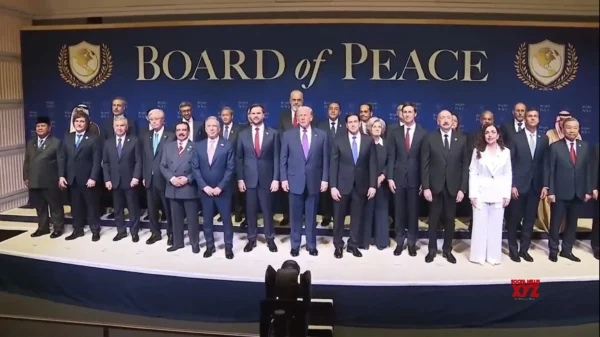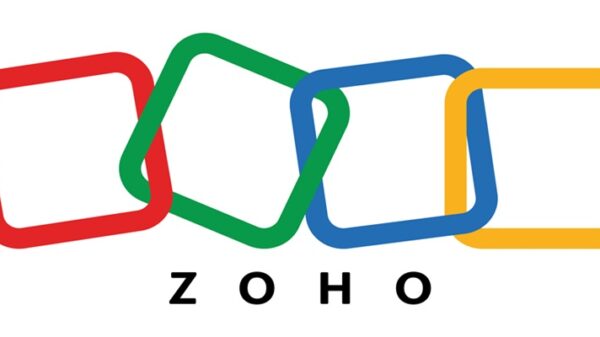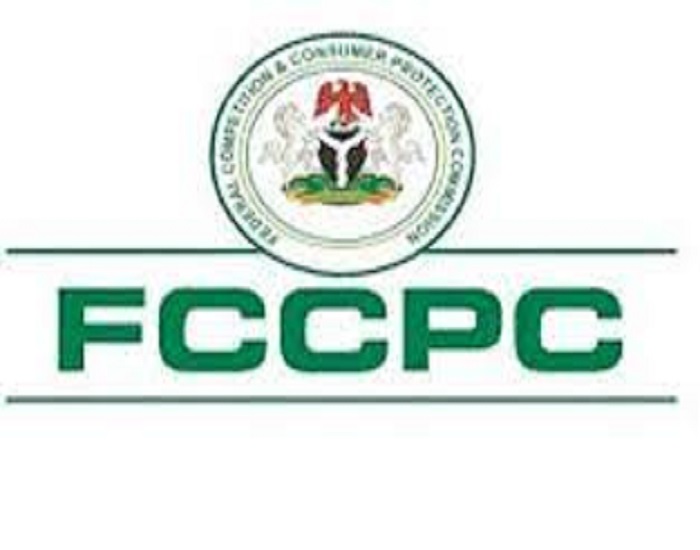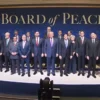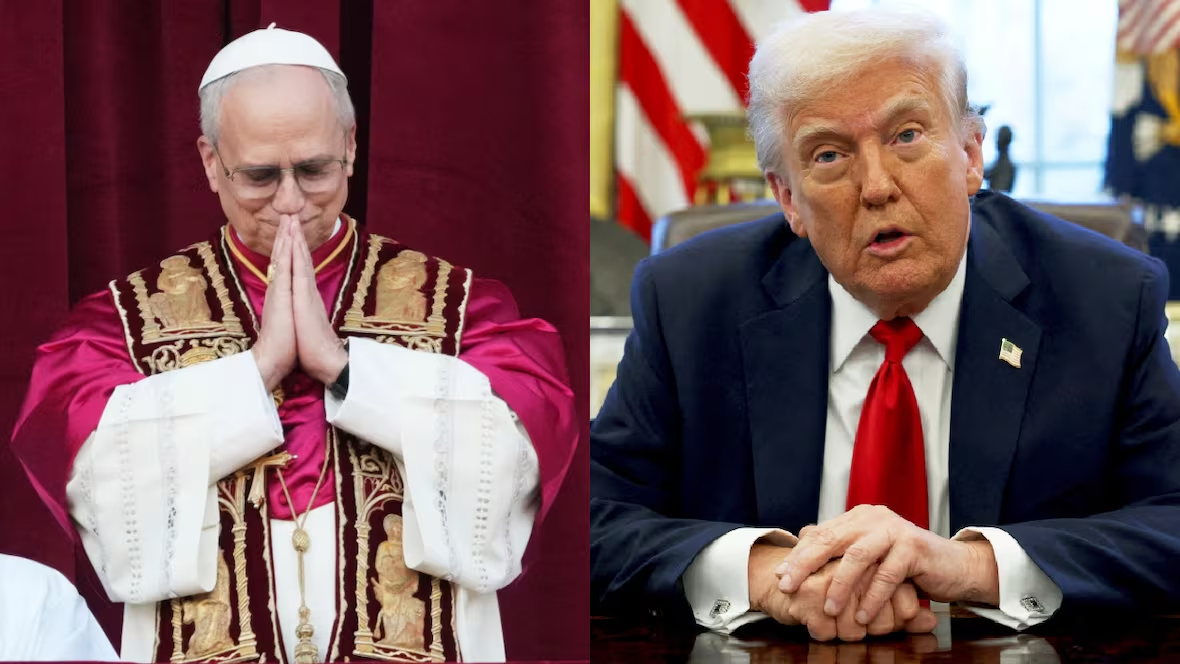Federal Competition and Consumer Protection Commission has sounded the alarm on a ‘cartel’ manipulating market prices nationwide, inflating costs for goods and services despite government stabilisation efforts.
Addressing stakeholders during a one-day engagement on exploitative pricing in Uyo, Akwa Ibom State, FCCPC Chief Executive Officer, Mr. Tunji Bello, revealed that the commission’s investigations in major cities have uncovered troubling practices.
In the poultry sector, Bello highlighted how influential players are dictating prices, severely impacting smaller producers. “Small poultry owners previously sold a day-old chick for between N480 and N590 and still made a profit. However, the entry of two major market players changed that,” he stated, choosing to withhold their names for now.
He explained that these entities injected substantial capital into the market, ultimately controlling 80 to 90 percent of the poultry sector.
“These big players used their financial clout to hijack the local poultry farmers’ association, mandating that day-old chicks be sold at N1,350, which contradicts the economic principle that greater production typically lowers prices,” he added.
Bello emphasised that this manipulation is why prices remain high despite various governmental support for the poultry industry. Over the past year, the Federal Ministry of Agriculture and Food Security has assisted poultry farmers with broilers, vitamins, feeds, and cash through numerous interventions across Nigeria’s six geopolitical zones.
He also pointed to exploitative pricing in the packaging sector, citing a cartel of five dominant players responsible for importing and supplying packaging materials.
“They operate in a mafia-like manner. If you attempt to negotiate with one, they tip off the others, ensuring uniform pricing,” Bello lamented.
Regarding the lack of sanctions against these sharp practices, Bello explained that the FCCPC initially opts for dialogue in the spirit of democracy rather than enforcing the act, which carries severe penalties, including hefty fines and jail time.
He urged the business community in Akwa Ibom to collaborate with the FCCPC to tackle exploitative pricing and promote market integrity.
To alleviate the economic burden on consumers, Bello noted that President Bola Tinubu has introduced several relief measures, including the removal of tariffs on food imports, VAT on pharmaceuticals and medical devices, tax waivers for businesses and public transport, and facilitating easy credit for converting vehicles from petrol to CNG.
“It is only fair that our businessmen and traders share the benefits of these measures with consumers through reduced prices,” Bello stated.
Several speakers at the event expressed concern about the high cost of doing business in Nigeria, particularly citing rising interest rates, multiple taxation, and increased electricity tariffs as significant challenges.
Earlier, Executive Commissioner for Operations at the FCCPC, Dr. Abdullahi Adamu, called on stakeholders to provide suggestions to address cartel activities and improve the market situation in the country.
![]()


